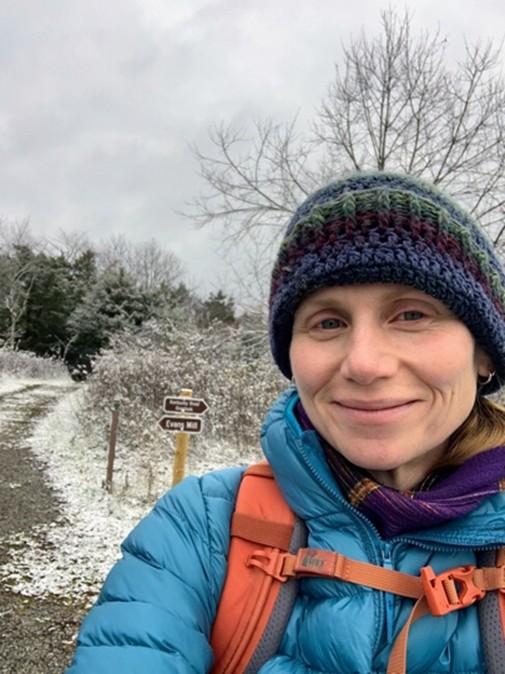Dr. Emily Croteau
Bio:
Emily Croteau is a Senior Lecturer in the Biology department at the University of Kentucky. She is enthusiastic about teaching students “how science works”. To that end, Emily focuses on supporting biology undergraduates by facilitating research opportunities in CUREs (Course-based Undergraduate Research Experiences). CUREs emphasize building students' discipline-specific competencies, such as practical laboratory skills, quantitative analysis, data interpretation, conducting literature reviews, and communicating scientific findings. Research projects include a conservation focus with an emphasis on surveying biodiversity.
Abstract:
The scientific process involves a dynamic and flexible approach. However, most print and online resources would lead us to believe that science is a rigid, linear process with little room for tentativeness and adaptability. While this model is useful at its most basic level it can create misconceptions about how science is done and hesitancy to accept scientific explanations. In this seminar, I’ll share a teaching demo that illustrates how science is a cyclical process, involving the refinement of questions and hypotheses, iteration, and teamwork. This model of science has influenced how I teach. As such, I have developed an undergraduate-driven research program in the form of Course-based Undergraduate Research Experiences (CUREs) that rely on inquiry, repeated testing and adaptability to unexpected results. Research areas include real-world conservation questions that may involve molecular or field applications. Although positive research outcomes are important, the real success is in cultivating students’ skills as researchers and communicators and fostering curiosity and creativity.
Watch the seminar here!

